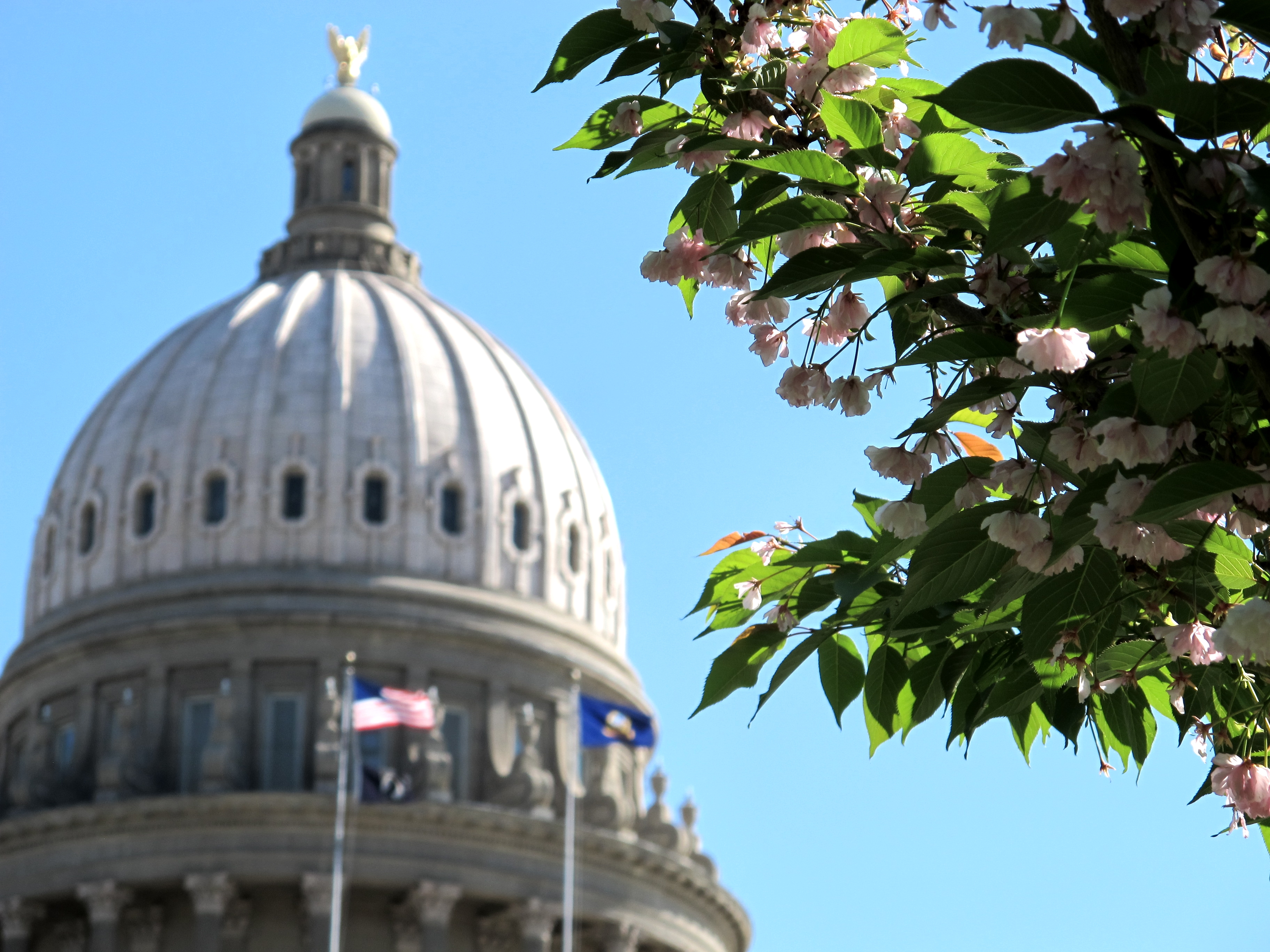Idaho Health Exchange Group Hears From Prominent Foes Of The Federal Health Care Law
The work group Gov. C.L. “Butch” Otter appointed to study whether Idaho should create a state-run health insurance exchange heard from two organizations that have long opposed President Obama’s health care law.
Policy analysts from the Libertarian-leaning Cato Institute and the conservative American Legislative Exchange Council or ALEC spoke with panel members Wednesday about why Idaho should not create its own exchange.
Under the federal health care law, states can decide to create and operate their own exchanges, participate in a federally-established exchange, or let the feds create an exchange with the plan to eventually transition to a state-run model.
Unlike the stand taken by Idaho’s Department of Insurance and some prominent policymakers, the Cato Institute’s Michael Cannon says there is no benefit to Idaho creating its own online marketplace to compare and purchase health insurance.
“The inaction of not creating an exchange protects employers from the employer mandate, and it protects nearly half of the uninsured in Idaho from the individual mandate,” Cannon says. “We’re talking about all employers and more than 100,000 Idahoans you can protect from Obamacare’s employer and individual mandate just by refusing to create an exchange.”
This is an interpretation of the law Cannon has written about extensively, and it’s something Idaho’s Department of Insurance Director Bill Deal disagrees with.
In hopes of finding a non-partisan response to Cannon’s analysis, StateImpact contacted the Kaiser Family Foundation. The Foundation recommended Tim Jost, a health policy expert at Washington and Lee University Law School, who has directly responded to Cannon’s interpretation of the complex health care law.
In a piece written earlier this summer, Jost argued that Cannon’s take is “simply false.”
Jost writes, “in a number of places, including the precursor of the current premium tax credit provision, the bill refers to exchanges “established by the state,” but nowhere does it provide…that premium tax credits would not be available in any of the nongovernmental exchanges created by the federal government.”
Director Deal acknowledged he disagrees with Cannon’s analysis, but work group members wanted to hear from him. Deal says it’s important to have the discussion.
“Like the interpretation of the things in the Affordable Care Act, there is room for discussion about it,” Deal explains. “Some of those rules are not always clearly written.”
Deal has long advocated for a state-run health insurance exchange. Now, after the Legislature rejected efforts to create an exchange, the state faces a November 16 deadline to make a decision.
The final call falls to Gov. C.L. “Butch” Otter, once he receives recommendations from the work group led by Deal.
Director Deal expects to meet again in mid-September and October before sending what he hopes will be a unanimous recommendation to Gov. Otter. Deal says he’d like to invite an expert from the U.S. Department of Health and Human Services for their next meeting.



